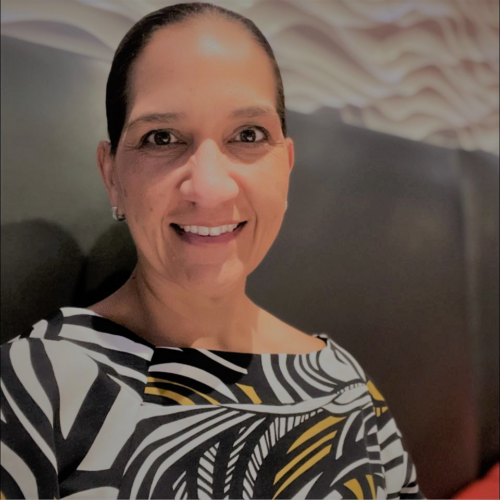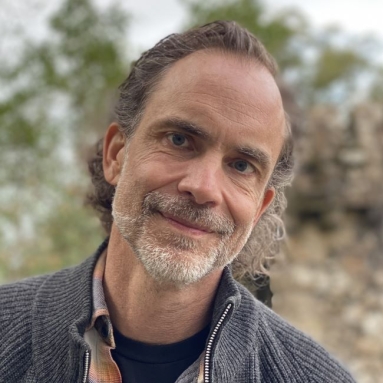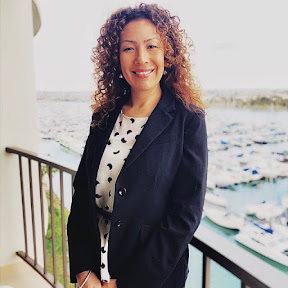The implementation of Coordinated Entry Systems (CES) has become a common feature across the country, particularly after the Department of Housing and Urban Development (HUD) required the use of such systems for its largest grant program in 2013. These systems are intended to standardize processes across providers in a given jurisdiction so that unhoused clients can easily access a homeless services system, work with a provider to understand their needs, and get connected to housing and service resources according to their strengths and needs. While this systematic approach has aided many localities in their ability to quickly identify relevant resources for clients entering their system, it has often done little to disrupt patterns of inequitable distribution of resources across racial groups (Wilkey et al., 2019), with particular concerns around assessment tools, like VI-SPDAT, inequitably assessing client vulnerability (Cronley, 2020).
As these concerns, backed by emerging research, continue to mount some jurisdictions are looking to restructure and improve their Coordinate Entry processes with special attention to racially equitable outcomes. This symposium aims to share learnings from those research and system improvement efforts by discussing pressing issues and important questions facing CES. Which issues in Coordinate Entry processes are most problematic in equitably addressing homelessness? What processes have different jurisdictions used to create and execute community plans to improve their CES? What changes have successfully been made to CES in different locations? What process improvements are being discussed/considered for future changes? Are there any CES-related research gaps that could be filled to inform further improvements?
Panelists:

Cynthia Nagendra – Deputy Director of Planning, Performance, and Strategy, San Francisco Department of Homelessness and Supportive Housing.
Cynthia Nagendra, Deputy Director of Planning and Strategy, was recently appointed by San Francisco Mayor London Breed to the executive leadership team of San Francisco’s Department of Homelessness and Supportive Housing. She brings over 15 years of experience in designing homeless response systems and programs. She has focused her career on effectuating systems change at all levels of government using outcomes-based analysis and program design, with the goal of preventing and ending homelessness and advancing housing justice. She has worked on homelessness policy, planning, data-driven program design and evaluation, advocacy, developing cross-sector partnerships, and research in dozens of communities across the country.

Lahela Mattox – Chief Operations Officer, Regional Task Force on the Homeless
Lahela specializes in compliance, government partnerships, and stakeholder engagement. She has 20 years of experience in housing, social services, mental health services, criminal justice and other related fields, both in Hawaii and California. Lahela has worked with individuals and families from all walks of life and is passionate about supporting them to live the best life they can. Lahela’s career has provided her with extensive experience in program oversight, compliance with state and federal laws and regulations, leadership, supervision, program development, budgeting, and staff development.

Eric Rice – Professor and Co-Director of the USC Center for AI in Society, USC Suzanne Dworak-Peck School of Social Work
Eric Rice is a professor and the founding co-director of the USC Center for AI in Society, a joint venture of the USC Suzanne Dworak-Peck School of Social Work and the USC Viterbi School of Engineering. Professor Rice received a BA from the University of Chicago, and an MA and PhD in Sociology from Stanford University. He was a postdoctoral fellow at the University of California, Los Angeles. He joined the USC faculty in 2009. Professor Rice specializes in social network science and theory, as well as community-based research. His primary focus is on youth experiencing homelessness and how issues of social network influence may affect risk-taking behaviors and resilience.

Marina Genchev – Director of Systems & Planning, Los Angeles Homeless Services Authority
Marina Genchev has over 14 years of experience in homeless services, with an emphasis on system design and implementation. She currently serves as Director of the System & Planning Department at the Los Angeles Homeless Services Authority (LAHSA). In this role, she supports the ongoing improvement and reimaging of a homeless service system to effectively deliver services and housing to the entirety of Los Angeles City and County. Favorite responsibilities include creating policies and guidance to govern the use of system resources, developing system management tools for data and funding, and streamlining and refining complex housing processes to support increased utilization. Prior to her role at LAHSA, Marina worked with a national non-profit as an Improvement Advisor, leading technical assistance during the pilot and expansion phases of the Coordinated Entry System for Adults in Los Angeles County. Marina began her career in homeless services working at a community-based nonprofit where she ran housing programs, grew outreach teams, and served as Director of Housing and Homeless Services. Marina has a Bachelor of Sociology and a Master of Social Work, both from the University of Southern California. As a proud third generation Angeleno, Marina has a passion for seeing her homeless neighbors return to housing and dignity.

Zia Martinis – Community Liaison, Talent Poole
Kezia (Zia) Villias-Martinis a third generation San Franciscan and recently graduated from the Rise for Racial Justice Program with USF. This past year she has been working with Talentpool as a community liaison and helped create Home by the Bay. She loves San Francisco and wants this City to succeed., because everyone deserves a home.
Si quieres usar subtítulos, haz clic en el ícono “CC” en la parte inferior derecha del video. Para cambiar el idioma de los subtítulos, haz clic en el ícono de configuraciones y seleccionar la opción de subtítulos donde puedes cambiar el idioma a Español.’
Full Event: https://youtu.be/IO9qkGx66_8
Si quieres usar subtítulos, haz clic en el ícono “CC” en la parte inferior derecha del video. Para cambiar el idioma de los subtítulos, haz clic en el ícono de configuraciones y seleccionar la opción de subtítulos donde puedes cambiar el idioma a Español.’
Highlights: https://youtu.be/RPC7BLFOCn4
Resources:
- CESTTRR Final Report by Eric Rice, USC: https://cais.usc.edu/wp-content/uploads/2023/11/CESTTRR-Final-Report-2023.pdf
- San Diego Continuum of Care Action Plan to Address Homelessness among Black San Diegans: https://www.rtfhsd.org/wp-content/uploads/RTFH_ActionPlan_BlackSanDiegans_Interactive.pdf
- SF’s CE Demographics Dashboard: https://hsh.sfgov.org/about/research-and-reports/hrs-data/coordinated-entry-demographics/
- Vacancies in Permanent Supportive Housing in SF: https://hsh.sfgov.org/about/research-and-reports/hrs-data/vacancies-in-permanent-supportive-housing/
- SF’s Strategic Plan “Home By the Bay”: https://hsh.sfgov.org/about/research-and-reports/home-by-the-bay/
- Zia’s Report on Conversations with People Experiencing Homelessness: https://hsh.sfgov.org/wp-content/uploads/2023/08/Community_Voice_Matters_Conversations_with_People_Experiencing_Homelessness-1.pdf


